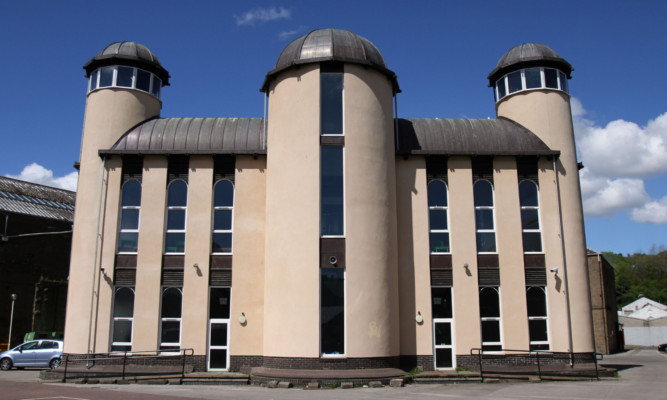A leader in Dundee’s Islamic community has said more must be done to stop “messages of hate” radicalising young Muslims in the city.
The president of the Ahmadiyya Muslim Community in Dundee, Muhammad Ahmad, said the government is “right to be worried about extremism”, but added that there is “absolutely no radicalisation in our mosques.”
Mr Ahmad was responding to a controversial letter sent out to Muslim groups across the country by Communities Secretary Eric Pickles.
He said: “We welcome the government’s acknowledgement that the Paris attacks have nothing to do with Islam.
“Islam is a religion of peace and those who carry out violence in its name are acting against Islamic teachings.
“The Government is right to be worried about extremism, be it from any source and it is the duty of all faith communities to support efforts for greater peace.”
Mr Ahmad added that in Dundee, mosques have measures in place to help guard against extremism.
“Sermons are either in English or have a simultaneous translation provided in English, we engage the youth in activities and discussions and as a result we have absolutely no radicalisation in our mosques,” he said.
He also confirmed that no member of Dundee’s Ahmadiyya Muslim community has experienced hatred or violence due to anti-Muslim feelings.
However, he said it is “vital” for the government to do more to stop extremists coming in to the UK and to stop them from spreading “messages of hate” online and on satellite television, adding that he supported Mr Pickles’ call for British Muslims to be proud of their country.
“Islam teaches that you should love your country and so we agree wholeheartedly that Muslims living in the UK should take pride in this country,” Mr Ahmad said.
“Muslims are taught that they should treat any act of wisdom or goodness as though it is their lost inheritance.
“Thus in the same way Muslims should seek to adopt and inculcate the many positive values present in British society.
“In Britain there is genuine religious freedom and religious tolerance and we as Muslims are grateful for this and consider this to be a great virtue of British society.”
Mr Ahmad said that the Ahmadiyya Muslim community is persecuted in other countries including Pakistan and so have been on the “receiving end of radicalisation,” but that their response “has always been one of prayer, patience and persistence and we live by our motto of Love for All Hatred for None.
He added: “Our mosques are a beacon of peace.”
The Ahmadiyya Muslim community is a peaceful revival of Islam established at the end of the 19th century and is one of the oldest Muslim communities in Britain.
They stand for “education, integration and interfaith peace” and reject the concept of a violent jihad, following the “true principles of Islam that lead to peace in everyday life.”
Mr Ahmad said that they encourage young people to help their community.
“They raise thousands of pounds each year for British charities, they plant thousands of trees for a better future for Britain, and they help feed the homeless with more than 10,000 meals provided nationally each year to help those suffering.”
